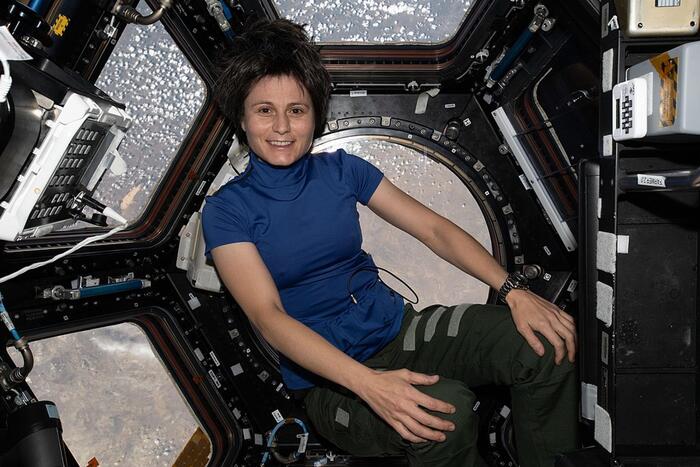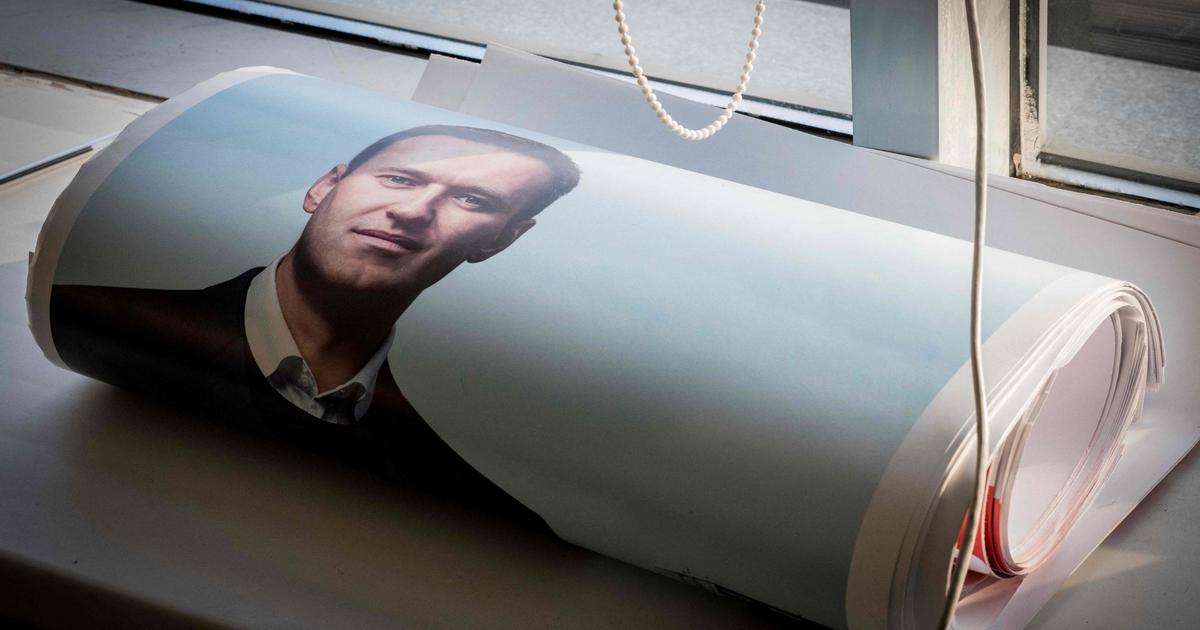He was hot! An astronaut from the International Space Station (ISS) was almost victim of an embolism, due to the presence of a blood clot in his jugular vein, after only two months in space. Most likely involved: the consequences of microgravity on his body.
The incident was revealed by the American Stephen Moll, the hematologist who took charge of the space patient. In "The New England Journal of Medicine", this specialist tells how he came to his rescue, through telemedicine, while sounding the alarm: "This case reveals gaps in our understanding of circulatory physiology and hemostatic in weightlessness. You have to dig, ”he says.
It all started with an ordinary neck ultrasound as part of a research program aboard the station. A coincidence that did it right. Without this program, doctors would not have known that an astronaut was in danger of death. Before their departure, a team of Franco-American researchers had asked the members of the ISS to take part in a series of examinations and experiments relating to the circulation of bodily fluids in the absence of gravity. They do it.
At regular intervals, the guinea pigs in space therefore begin to measure their blood pressure, their blood flow, their cardiac output, and this in all possible positions: standing, lying down or with their head tilted at 15 ° C. On the ground, we scan the data received to see if nothing is wrong. Exactly so! A radiologist discovers that one of the guinea pigs has a big problem: a bulky clot clogs his left internal jugular vein ... The ultrasound he just received leaves no room for doubt.
On Earth, it's the battle. Fortunately, the clot has not migrated, but there is not a minute to lose; the astronaut is in danger, he risks the pulmonary embolism or the stroke (cerebrovascular accident). We question him, we don't understand: he's only been in space for two months and there are no warning signs. Since his arrival in weightlessness, he has not complained of any headache, his face is not even swollen, while weightlessness has the effect of causing blood to flow from the legs to the head.
Luckily, an emergency anticoagulant treatment is available in the ISS medicine cabinet. Big catch! It is done by injection: it is not easy to get a bite in weightlessness when the liquid immediately turns into droplets. 43 days after the diagnosis, the patient is sent, via a cargo vessel, another anticoagulant, this time tablets. It works ! The clot resolves. And to avoid any risk of bleeding on his return, the treatment is suspended four days before he embarks on the Soyuz which brings him back to Earth.
Newsletter - The essentials of the news
Every morning, the news seen by Le ParisienI'm registering
Your email address is collected by Le Parisien to allow you to receive our news and commercial offers. Find out more
Today, the astronaut is healed. But according to hematologist Stephen Moll, this big glitch of health still raises the question: what if the absence of gravity had the effect of reducing blood flow, to the point of making the blood viscous locally in certain subjects? What intrigues the specialist is that this astronaut had no reason to develop such a pathology. Before flying, he was in perfect health, all the exams had shown it, and "he had no personal or family history of venous thromboembolism", remarks the practitioner. Why then? This is indeed an enigma that will have to be resolved, if the agencies want, without risk of drama, to send women and men for long missions to the Moon or Mars.







